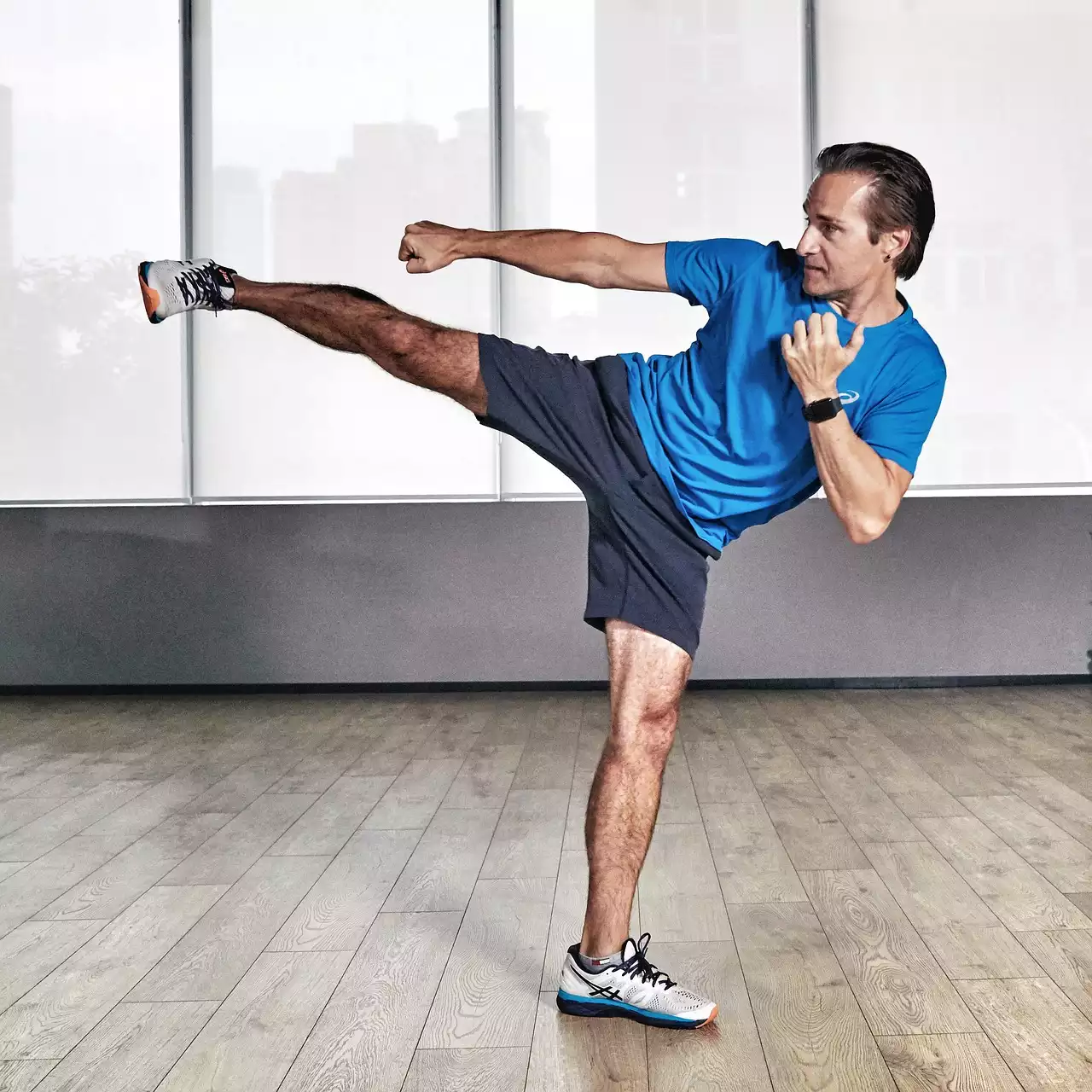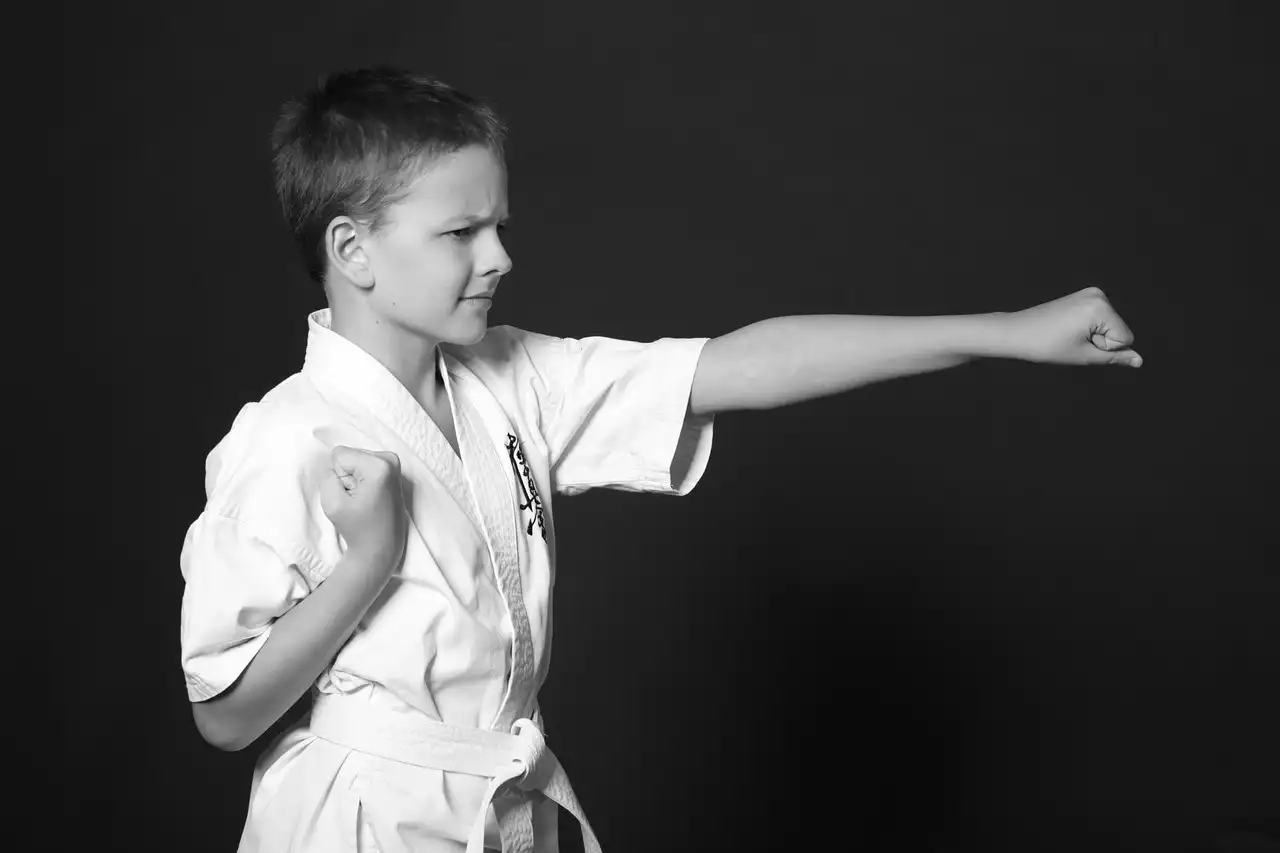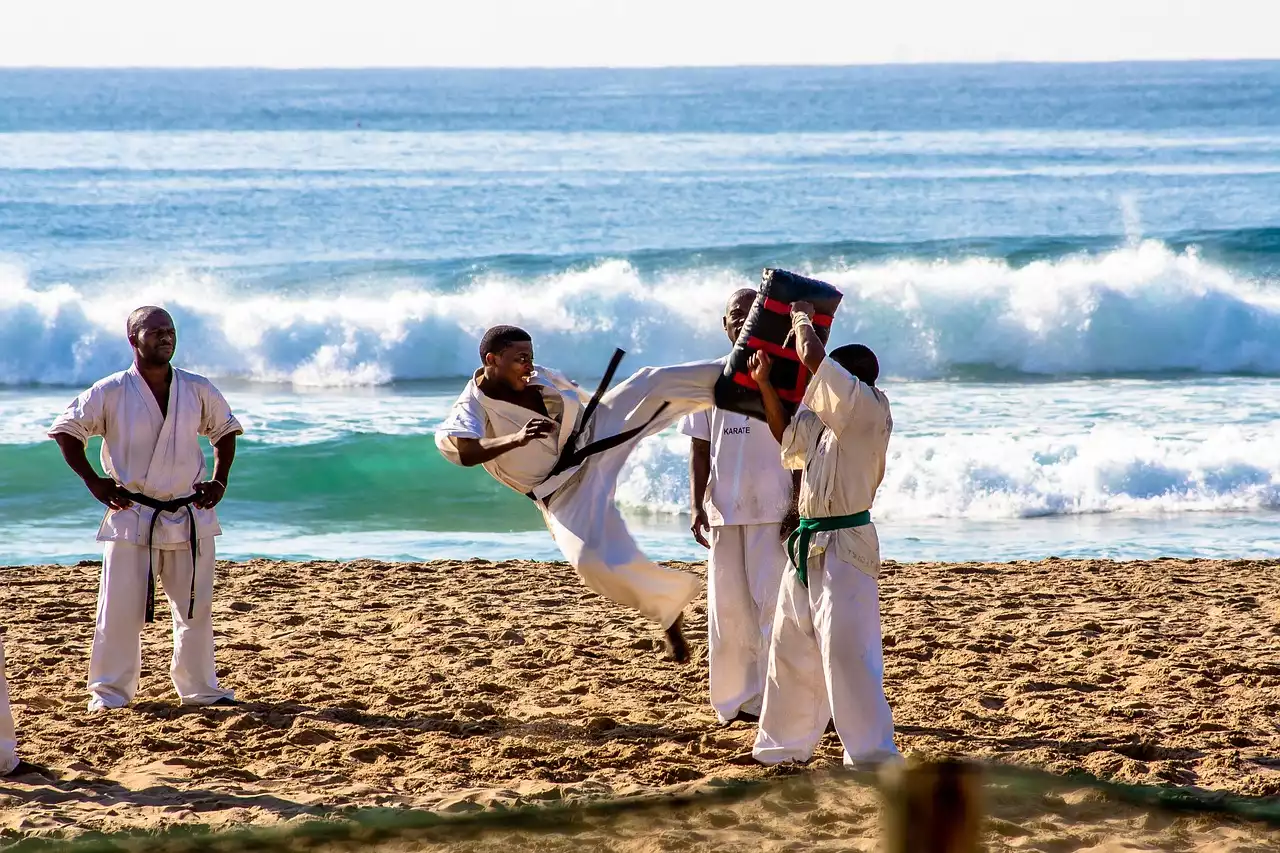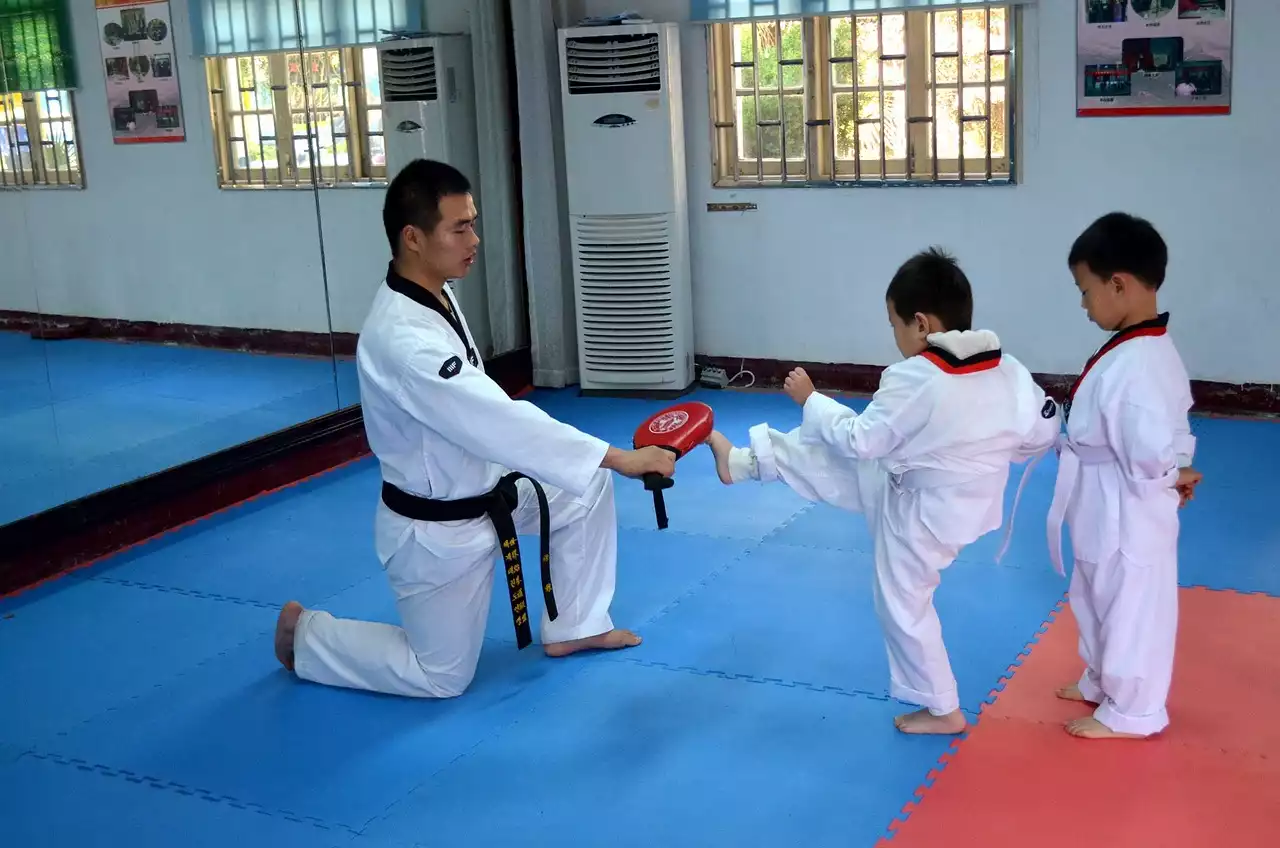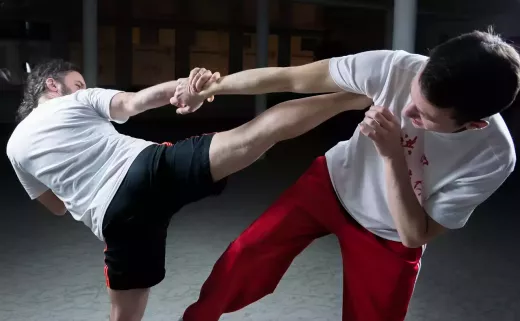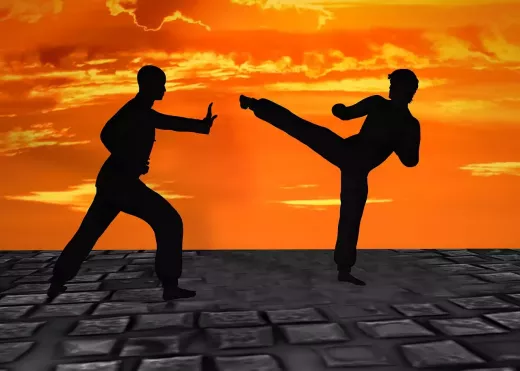Benefits of Karate Practice
Karate practice offers a wide range of physical and mental benefits for those who are willing to commit to the practice. The physical benefits of karate include increased endurance, strength, and balance. It also helps to improve coordination and flexibility. Additionally, karate can help to strengthen the cardiovascular system and improve overall physical health.
Karate also offers mental benefits such as increased focus, discipline, and self-confidence. It can help to reduce stress levels and increase concentration. Karate can also help to teach its practitioners how to defend themselves in dangerous situations.
Physical Benefits of Karate
The physical benefits of karate are numerous. It is an excellent form of physical exercise that can help to build strength, endurance, and balance. It can also help to improve coordination and flexibility. Additionally, karate can help to strengthen the cardiovascular system and improve overall physical health.
Karate also helps to tone and strengthen the muscles, which can lead to improved physical performance. Karate can also help to improve posture and reduce the risk of injury. Additionally, karate can help to boost the immune system and reduce the risk of developing certain illnesses.
Mental Benefits of Karate
Karate practice can offer a wide range of mental benefits. The practice helps to build mental discipline and focus, which can help to reduce stress levels and increase concentration. It can also help to improve memory and problem-solving skills. Additionally, karate can help to build self-confidence and promote positive thinking.
Karate can also help to teach its practitioners how to defend themselves in dangerous situations. It can help to build self-discipline and respect for oneself and others. Finally, karate can help to foster a sense of respect and understanding for different cultures.
Tips for Getting Started with Karate
If you’re interested in getting started with karate, there are a few tips that can help you get the most out of your practice. First, it’s important to find a good instructor. A good instructor will help you to understand the basics of karate and ensure that you practice safely.
It’s also important to find the right dojo or training center. A good dojo or training center will have the necessary equipment and space for you to practice. Additionally, it’s important to find a class that is appropriate for your skill level.
Finally, it’s important to be patient and consistent. Karate is a skill that must be developed over time and with dedication. It’s important to be patient and consistent in your practice to get the most out of it.
Types of Karate
There are a variety of different types of karate, each with its own unique set of techniques and principles. The most popular types of karate include Shotokan, Goju-Ryu, Kyokushin, and Wado-Ryu. Each type of karate has its own set of rules and techniques that must be followed. Additionally, each type of karate has its grading system and belt colors.
Karate can be practiced in a variety of ways, such as kata (forms) and sparring (free-style sparring). Karate practitioners often use various techniques, such as kicks, punches, blocks, and throws.
Karate Safety and Etiquette
Karate is a martial art that requires its practitioners to practice safety and etiquette. It is important to follow your instructor’s instructions and abide by the dojo’s rules at all times. Additionally, it’s important to practice karate with a partner, as this can help to ensure safety.
It’s also important to wear the appropriate attire when practicing karate. This includes loose-fitting, comfortable clothing and shoes. It’s also important to wear the appropriate protective gear, such as gloves, shin guards, and headgear.
The Different Grades and Belts in Karate
Karate has a unique grading system that is based on the level of skill and knowledge of the practitioner. The grading system consists of different colored belts that signify a practitioner’s level of skill. The highest level is the black belt, followed by the brown belt, and then the lower colored belts.
To progress to the higher belts, practitioners must demonstrate their knowledge and skills to pass the grading system. Each belt has its own set of requirements that must be met for a practitioner to progress to the next level.
